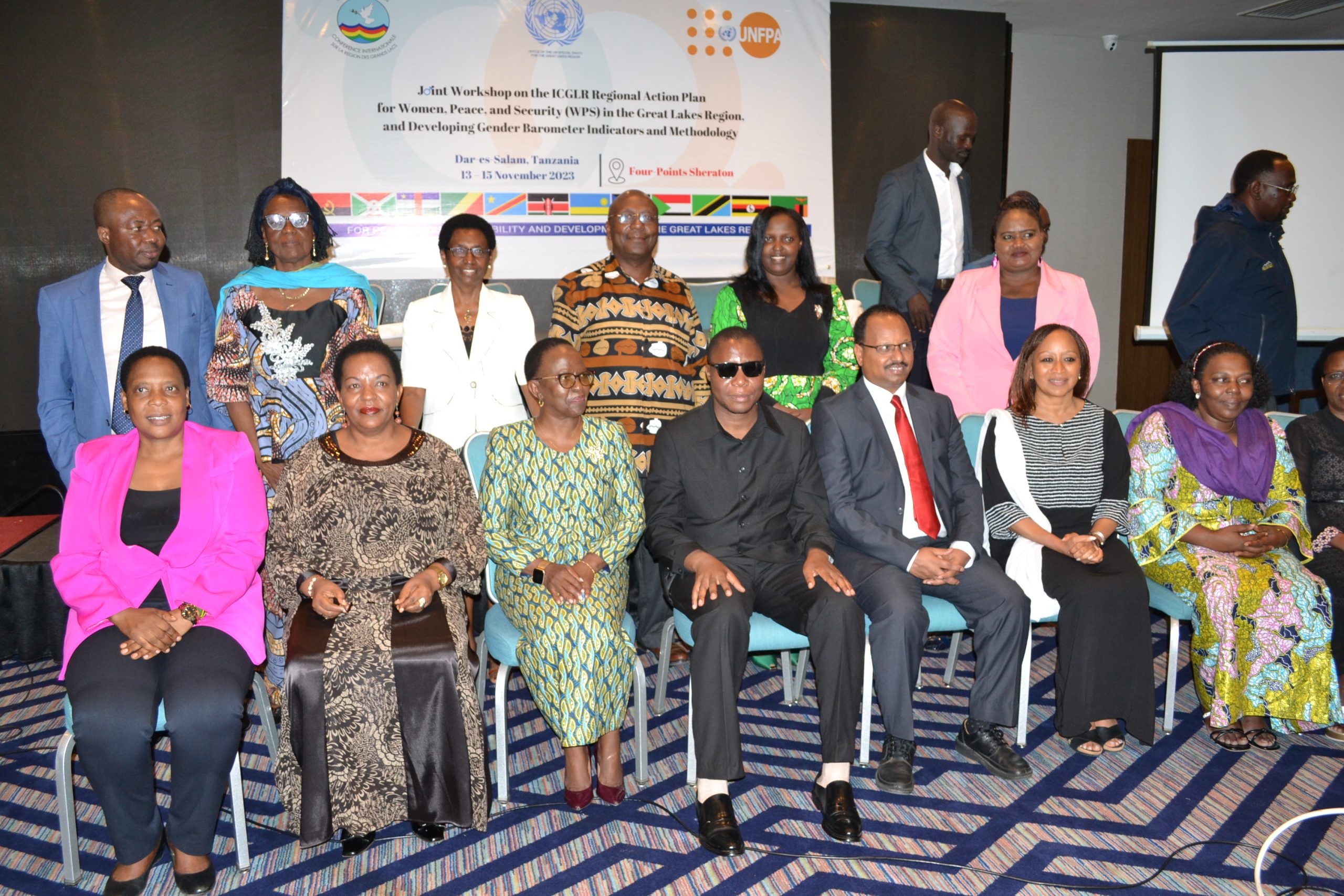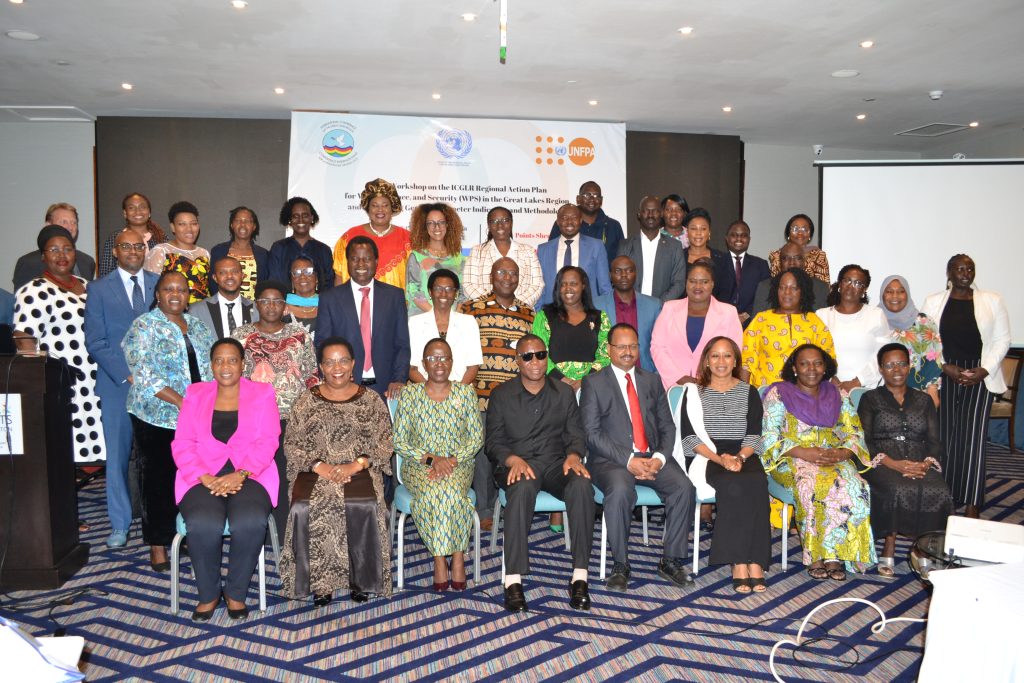
In a fruitful seminar, delegates from the International Conference on the Great Lakes Region (ICGLR) Member States convened for a pivotal workshop on monitoring the Regional Action Plan, implementing the Women Peace and Security agenda, and quick starting the ICGLR Peace and Security Gender Barometer. The event, which unfolded from November 13th to 15th, 2023, in Dar-es-Salaam, Tanzania, marked a tangible step towards empowering women in conflict settings in the Great Lakes Region. Jointly organized by the ICGLR, the Office of the Special Envoy of the UN Secretary-General for the Great Lakes Region and the United Nations Population Fund (UNFPA) the East and Southern Africa Regional Office (ESARO), the workshop brought together various and ideas and experiences.
The attendees from diverse backgrounds within the Great Lakes region included government officials, regional and civil society organizations, research institutions, and staunch advocates for women’s rights. During the three-day forum, gender experts and statisticians, both representing member States shared invaluable insights from their journey of implementing national action plans based on the United Nations Security Council Resolution 1325 on Women, Peace, and Security. A key focus was the development of a gender barometer, a tool set to revolutionize the way gender data informs policy and intervention strategies in the region.
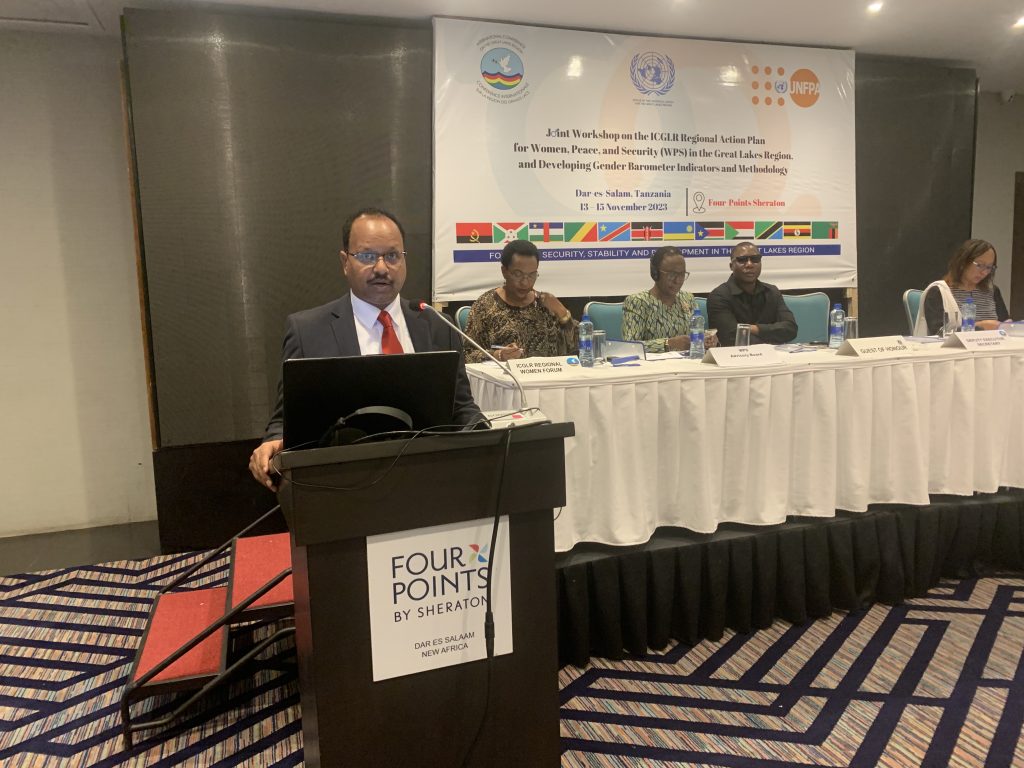
Ambassador Yasir Ibrahim Ali Mohammed, the Deputy Executive Secretary of the ICGLR, in his opening address, emphasized the critical need for gender-disaggregated data management. He highlighted the various initiatives undertaken by the ICGLR Secretariat to foster gender equality and support the women, peace, and security agenda. These efforts include a Regional Action Plan aligned with UN Resolution 1325 and a comprehensive policy for gender mainstreaming, particularly in the mining sector.
Representatives from partner organizations also contributed significantly. The Special Envoy of the UN Secretary-General for the Great Lakes Region lauded the collaborative efforts in developing the gender barometer project. This initiative, facilitated by the synergy of the ICGLR with its regional centers in Zambia and Uganda, the UNFPA, UN-WOMEN, COCAFEM, and CERED, is poised to be a robust mechanism for the collection, analysis, and dissemination of gender-related statistical data. Ambassador Xia emphasized that this endeavor is not only vital for achieving Goal 5 of the Sustainable Development Goals in the Great Lakes Region but also crucial for the effective implementation of the African Union Continental Results Framework for Women, Peace, and Security, adopted in 2018 as an instrument of accountability. Dr. Sabine Ntakarutimana, the President of the ICGLR Regional Women also emphasized that women who participate in peace processes tend to represent broader and more diverse constituencies, ensuring a range of views and interests are represented and peace processes are fully democratized.
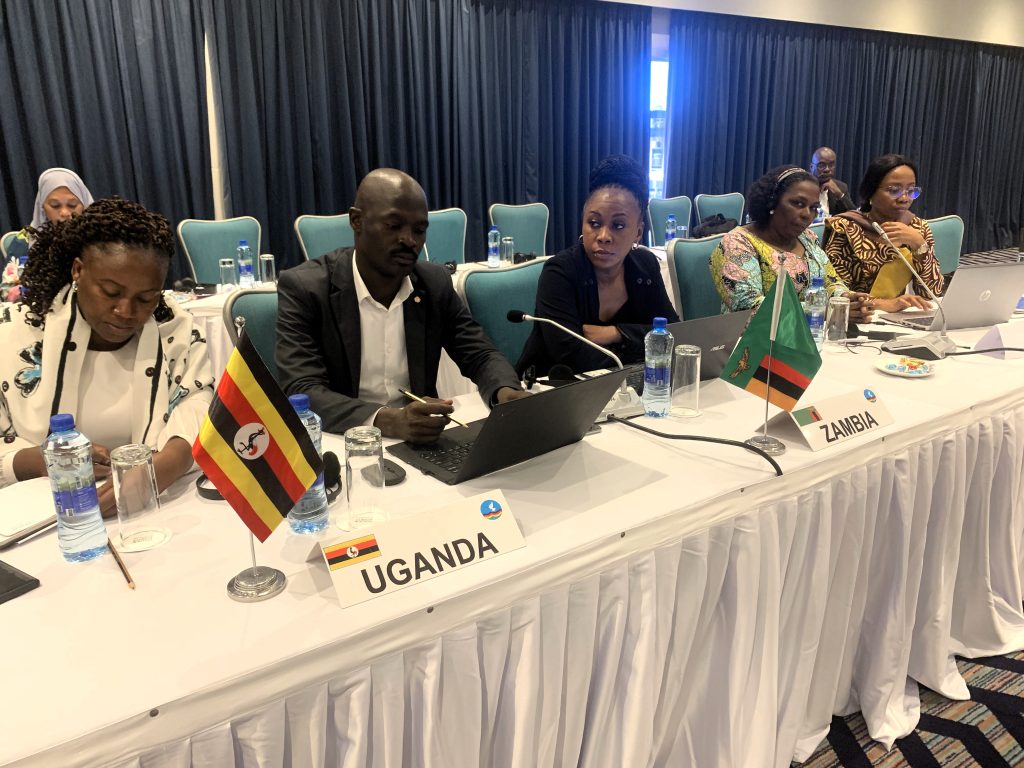
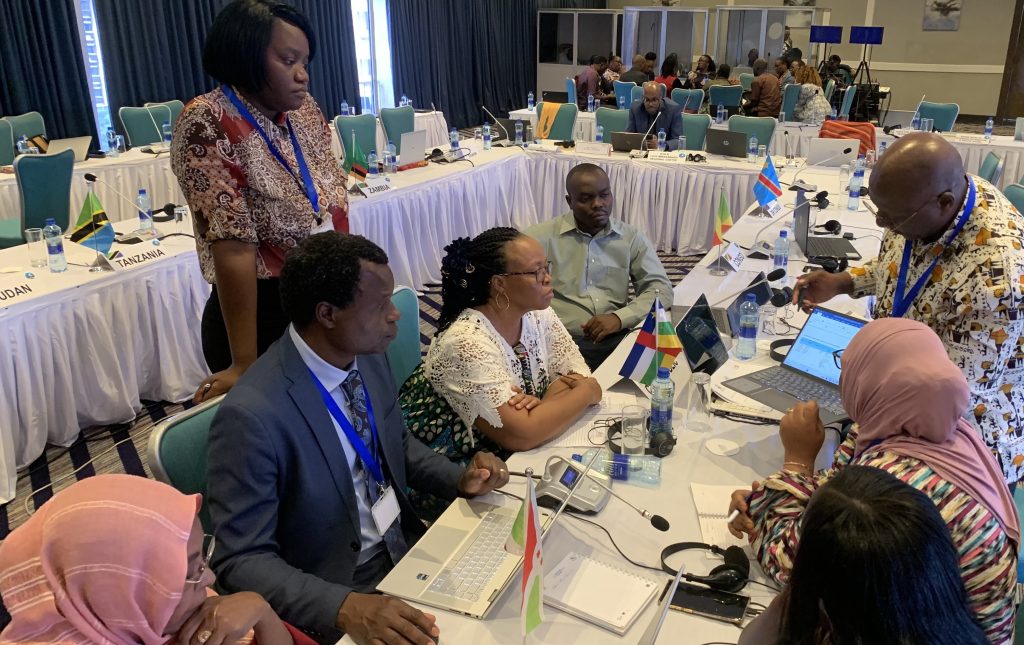
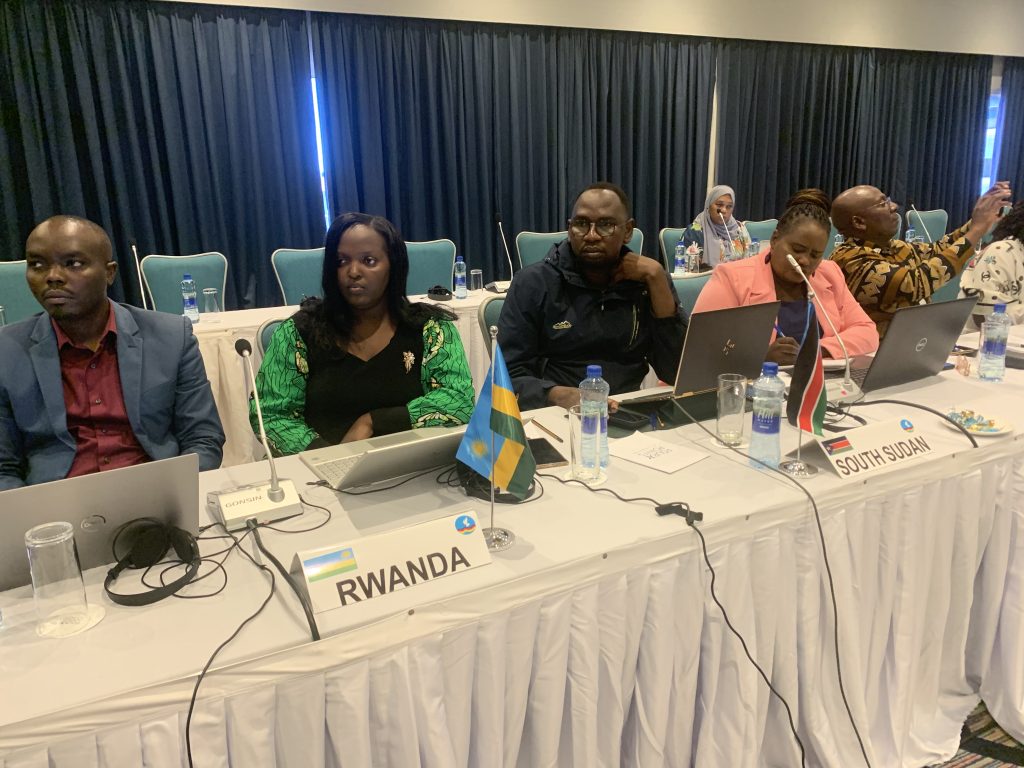
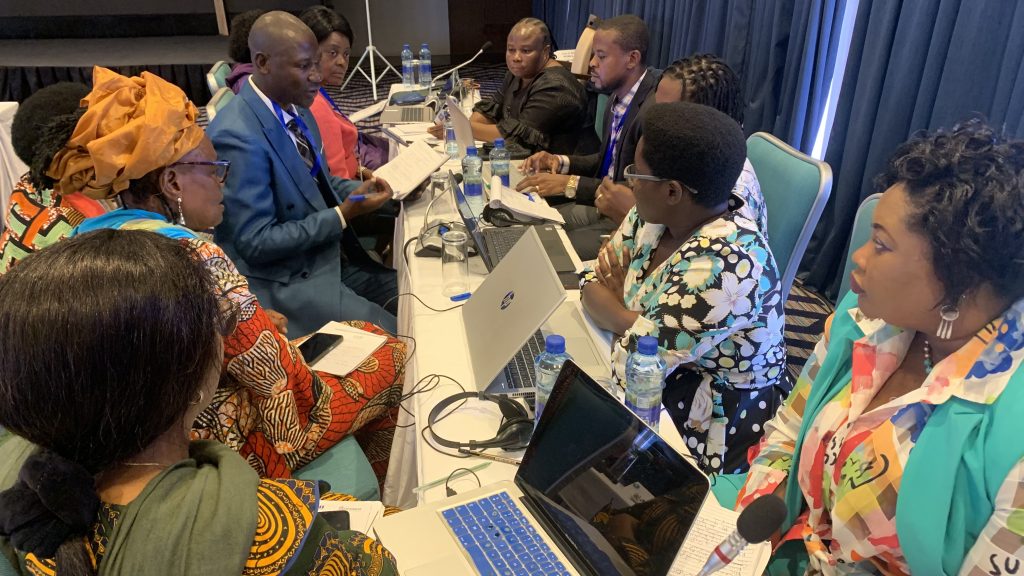

During the workshop, participants reviewed the indicators informing the gender barometer focusing on peace and security. They organized the manners the data will be collected and validated. This exercise will facilitate easy access to data which will inform evidence based decisions and programming at different levels.
ICGLR Member States are involved with their respective experts and statisticians in gender equality and the WPS agenda
The workshop culminated with expressions of satisfaction from both participants and organizers, highlighting the exemplary contributions of all stakeholders. Ms. Néné Bah, the Senior Gender Adviser in the Office of the Special Envoy, reflected on the enthusiasm and commitment displayed by Member States’ representatives, saying: “It was highly encouraging to see how Member States got involved with their respective experts and statisticians in gender equality and the WPS agenda.’ She underscored the importance of diligently collecting the agreed-upon data to make the gender barometer a success.

